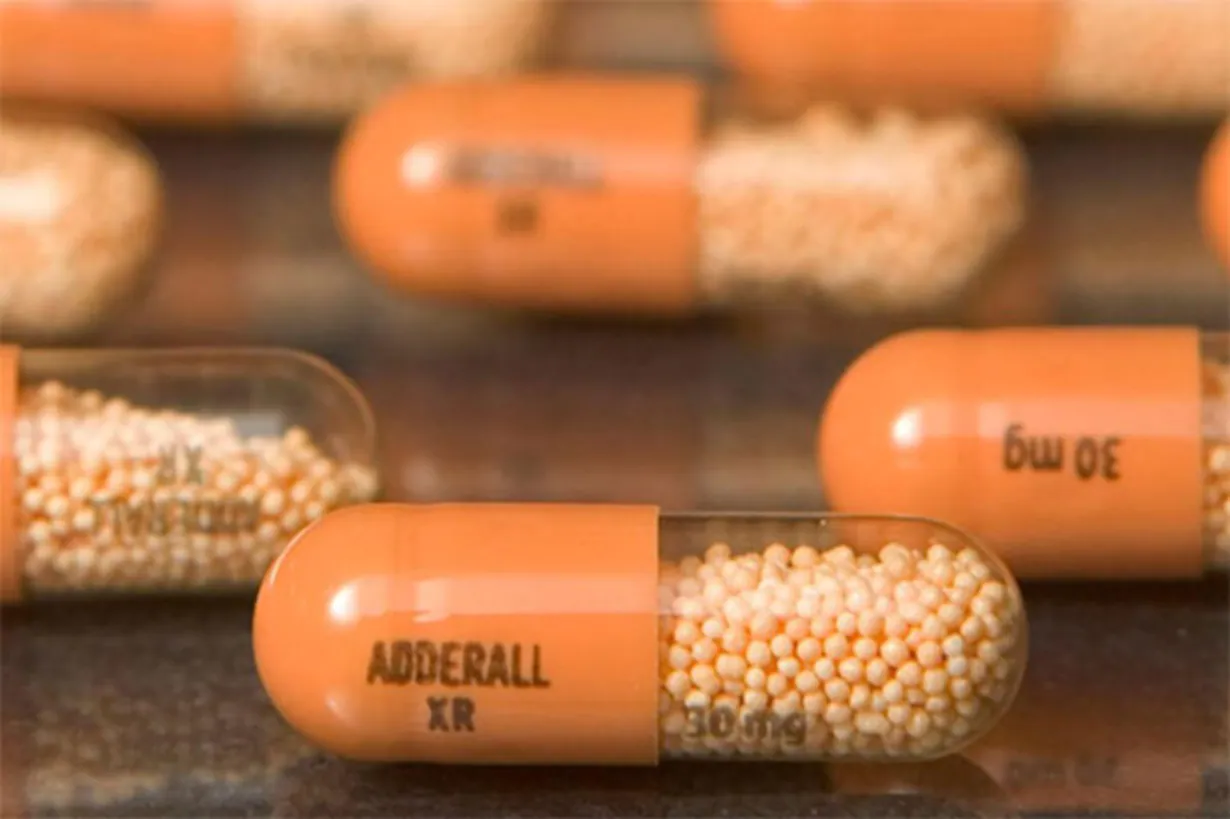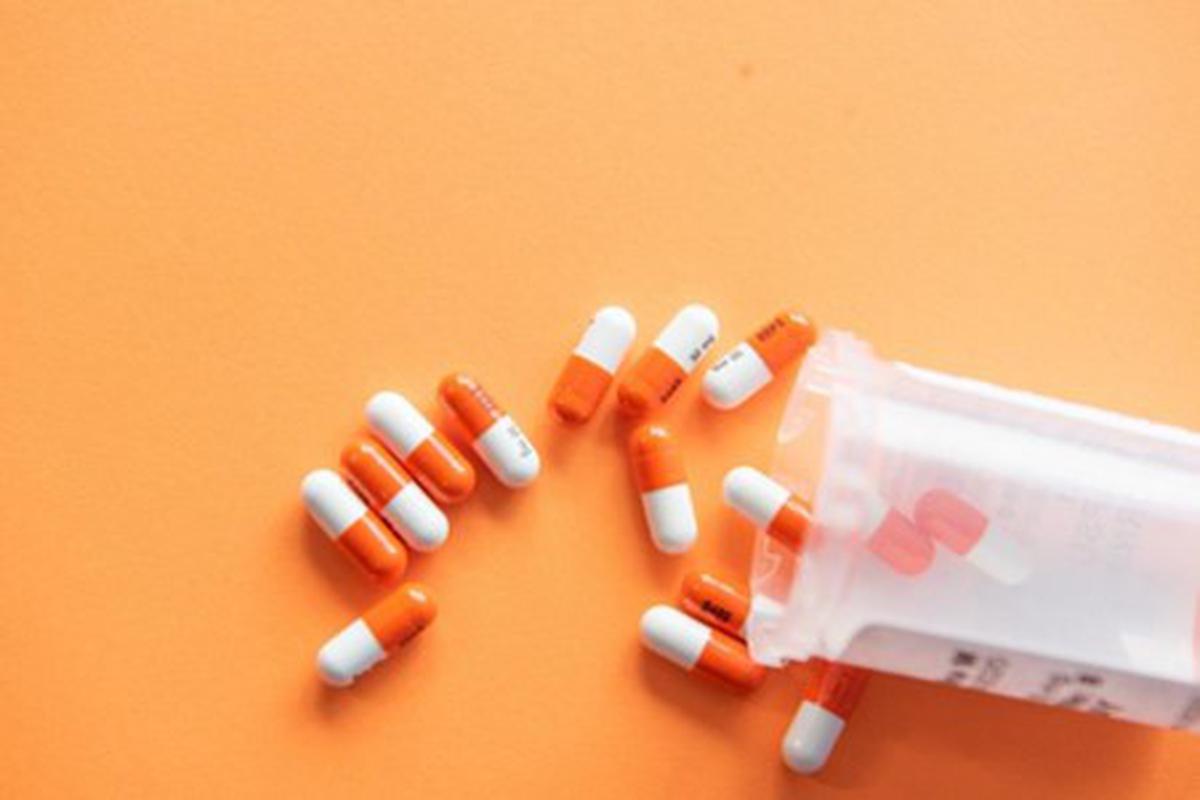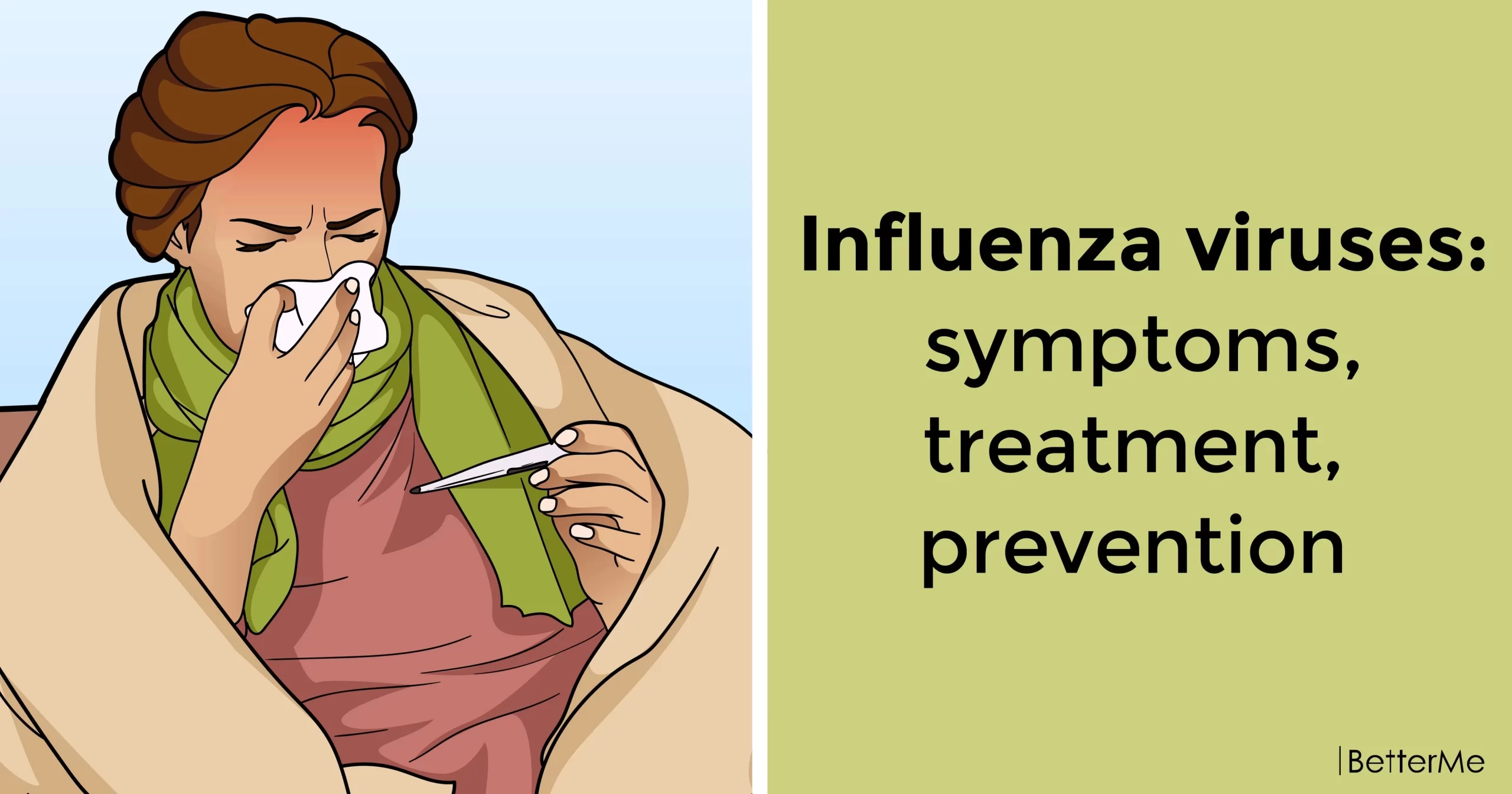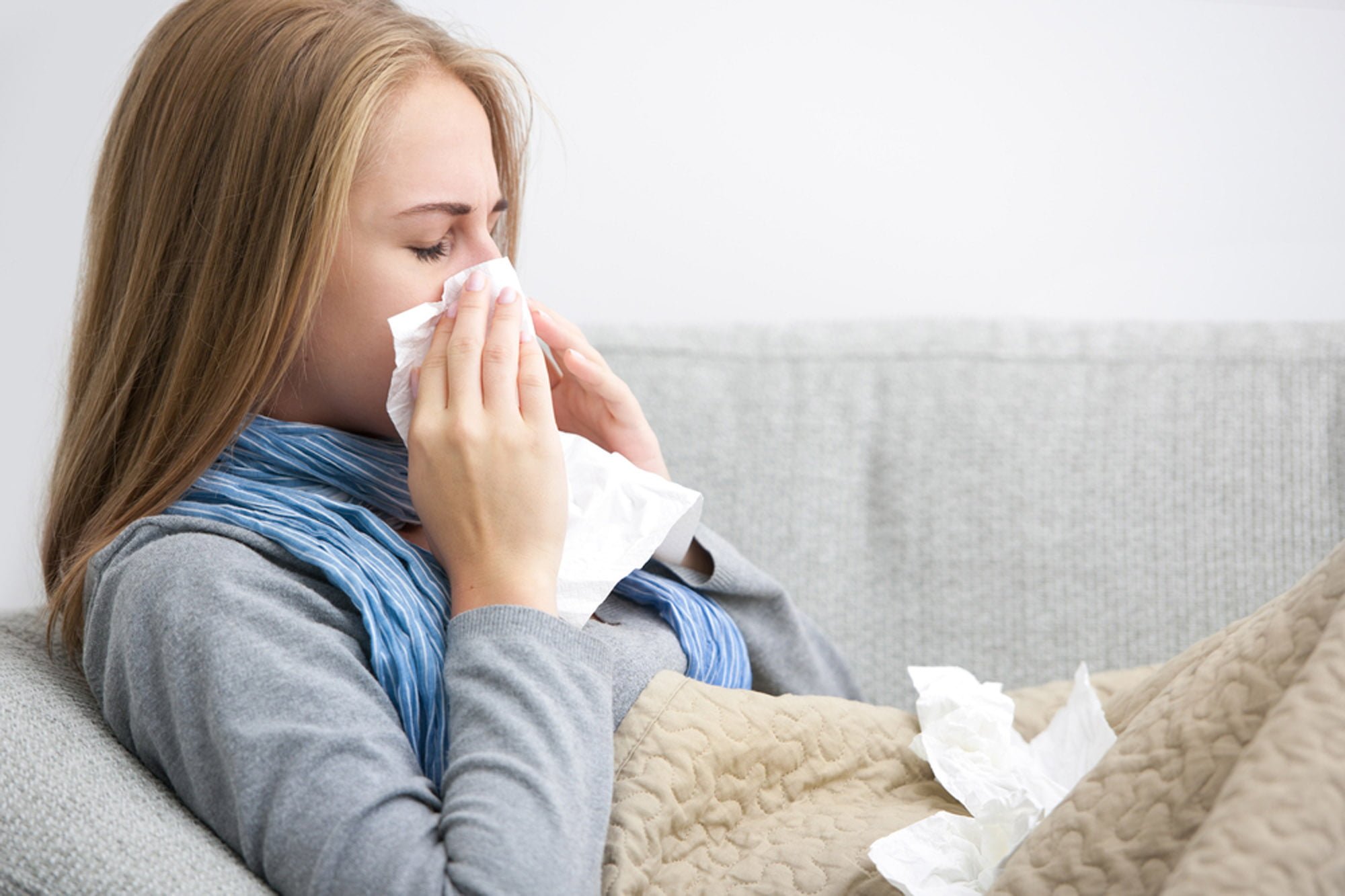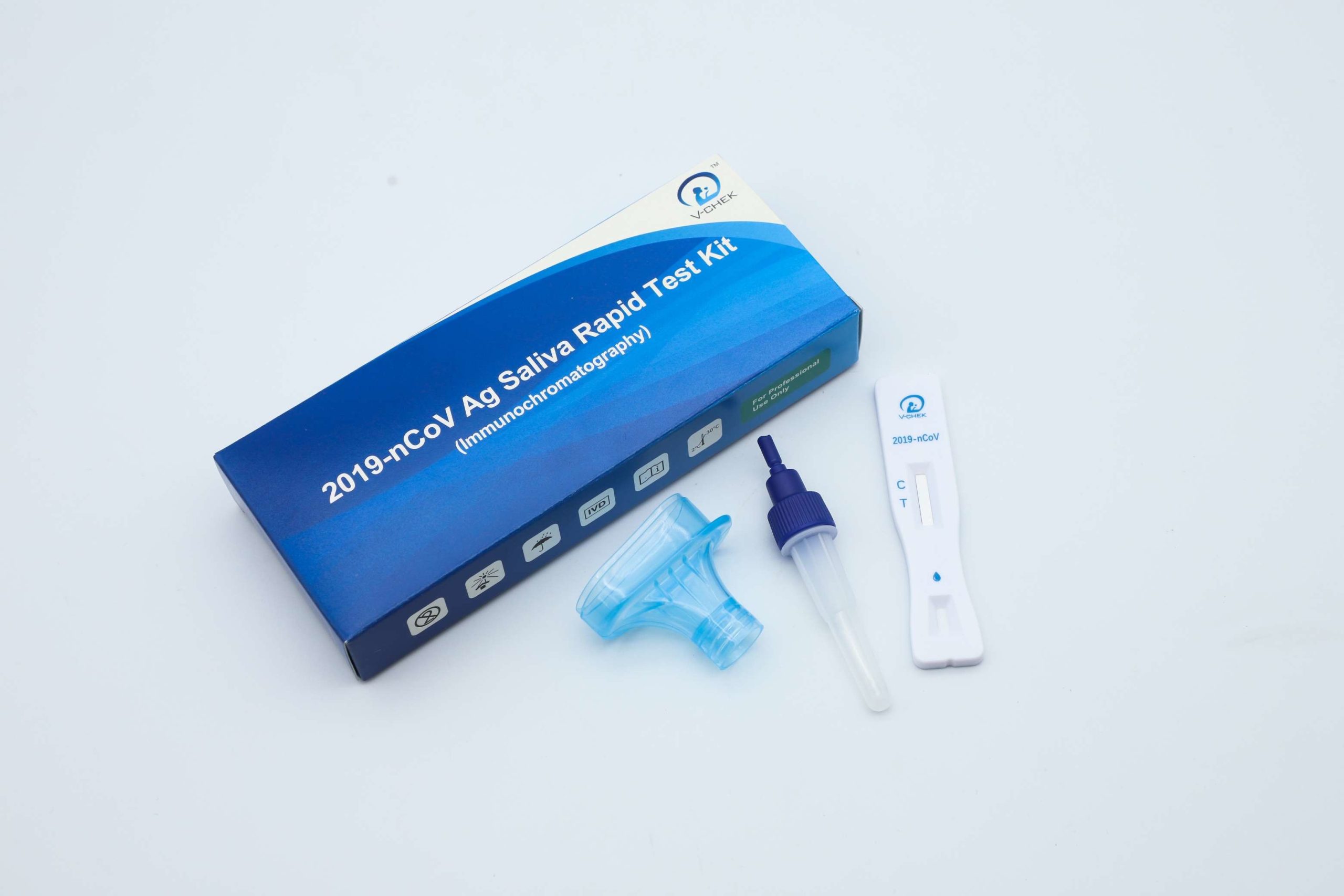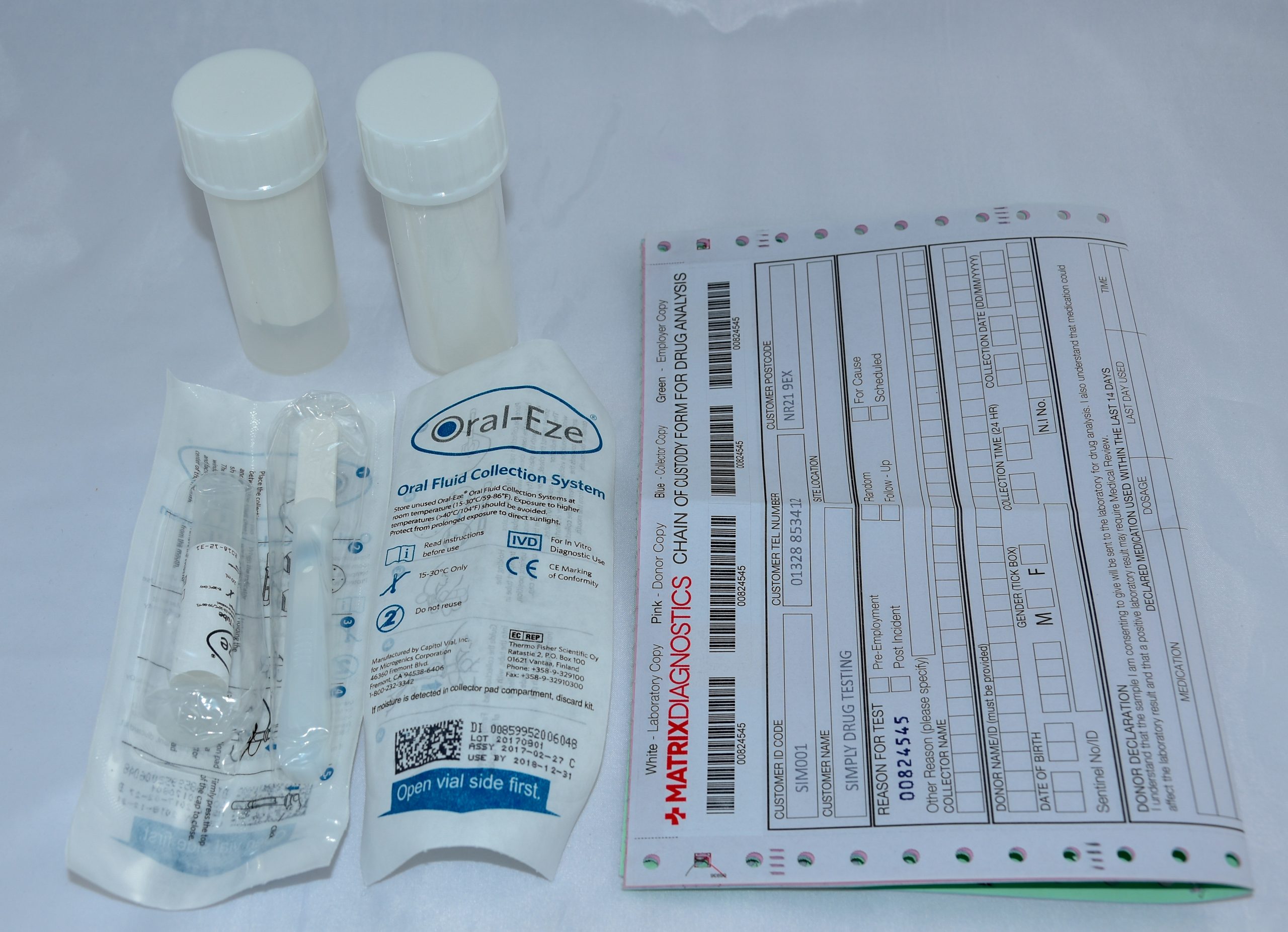The Power of Tablet Binders: How Pill Binders Can Help You Stay on Schedule
If you struggle with remembering to take your medication throughout the day, a pill binder could be the answer. Known as tablet binders or pill organizers, these handy little boxes can help keep track of your scheduled medications so you never miss a dose again. Let’s take a look at how this simple tool can make such a difference for anyone trying to stay on top of their medication schedule.
What Is a Tablet Binder?
A tablet binder is an organizer that helps you keep track of different types of pills and tablets. It comes in various sizes and shapes, allowing you to store all your different medicines in one place. The most common kind is a plastic box with several compartments where you can separate out each medication according to time and date. Some have lids or covers that flip open, while others come with removable trays or drawers for easy access. By keeping all your prescriptions together in one place, it makes it easier to remember when and how much medicine to take at any given time.
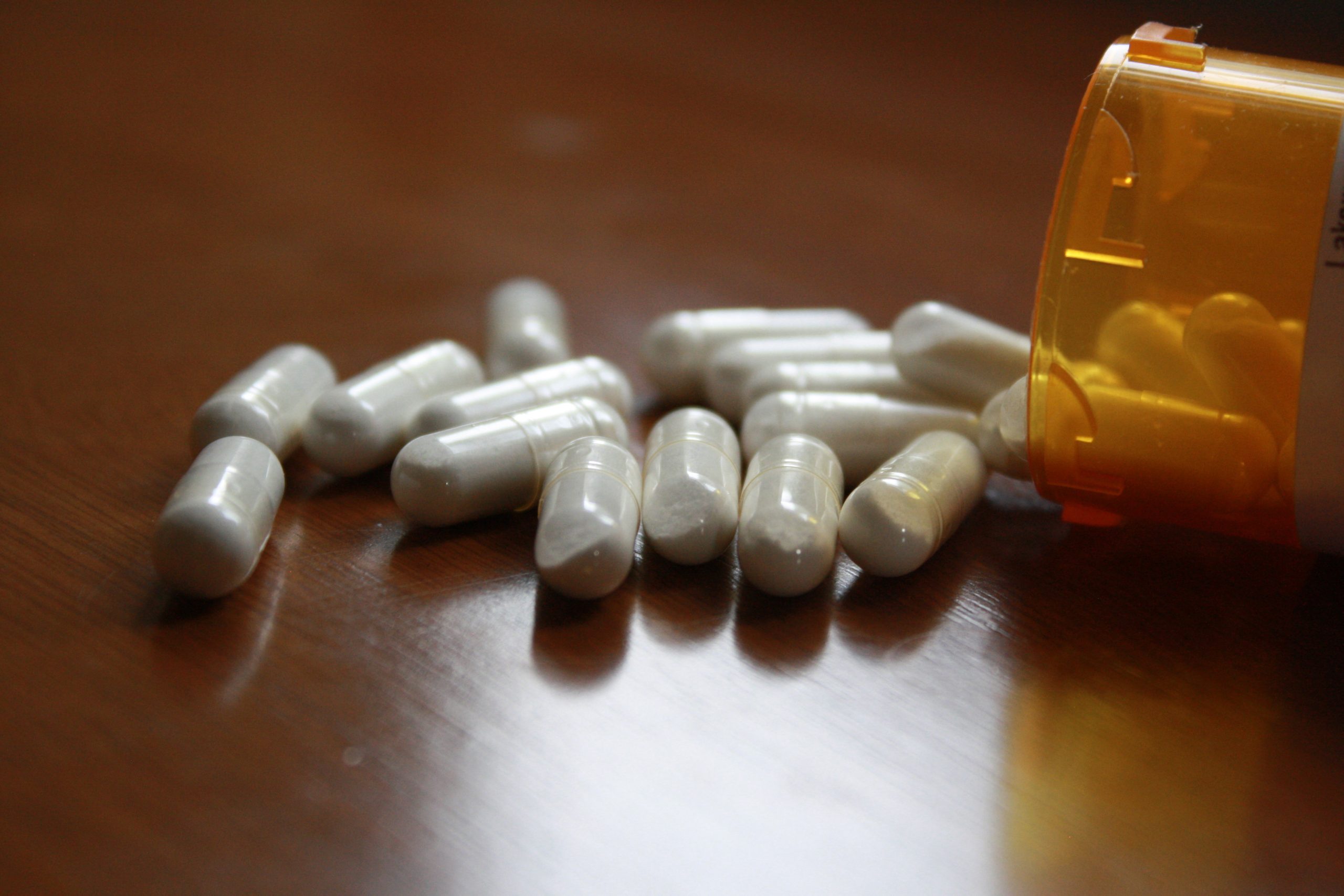
Benefits of using a pill organizer
Using a pill organizer has many benefits, including helping you stay organized and making sure you take the right amount of medicine when you need it. Keeping all your medicines in one easily accessible place helps to prevent missed doses due to forgetting which medicines need to be taken at what time. In addition, if there are several people in the household taking medication, organizing them in one place ensures that there is no confusion about who needs which pills at what time. Finally, if you travel frequently for work or pleasure, having all your prescriptions together is a convenient and safe way to take them with you wherever you go.
How to choose the right pill organizer for you
When choosing your pillbox, it’s important to consider the size and capacity, as well as features such as compartments and dividers that best suit your needs. If space is an issue, opting for something smaller will save space on counters or shelves but still provide adequate storage for up to two weeks’ worth of pills. Dividers are also useful if more than one person is using the same pillbox, as they help to ensure accuracy by separating individual doses into specific days. Also, think about portability – does it fit easily into a bag or purse? Are there straps, handles or locks? These features may not be necessary, but depending on where and how often you carry your pills, they may be helpful.
Tips for storing your medicines in a pillbox
Once you have chosen the right pillbox for you, here are some tips on how to store your medicines correctly:
– Clearly label each compartment – this will help you remember exactly which pills go in each slot or tray and take the guesswork out of prescribing.
– Ensure that all containers are properly sealed – This will not only keep out moisture but will also prevent spillage if the container is unexpectedly knocked over.
– Store out of direct sunlight – Direct sunlight increases the temperature in enclosed spaces, making it harder for medicines to maintain their potency over time.
– Keep out of the reach of children – Due to their inquisitive nature, children should never be allowed near any type of medication without adult supervision.
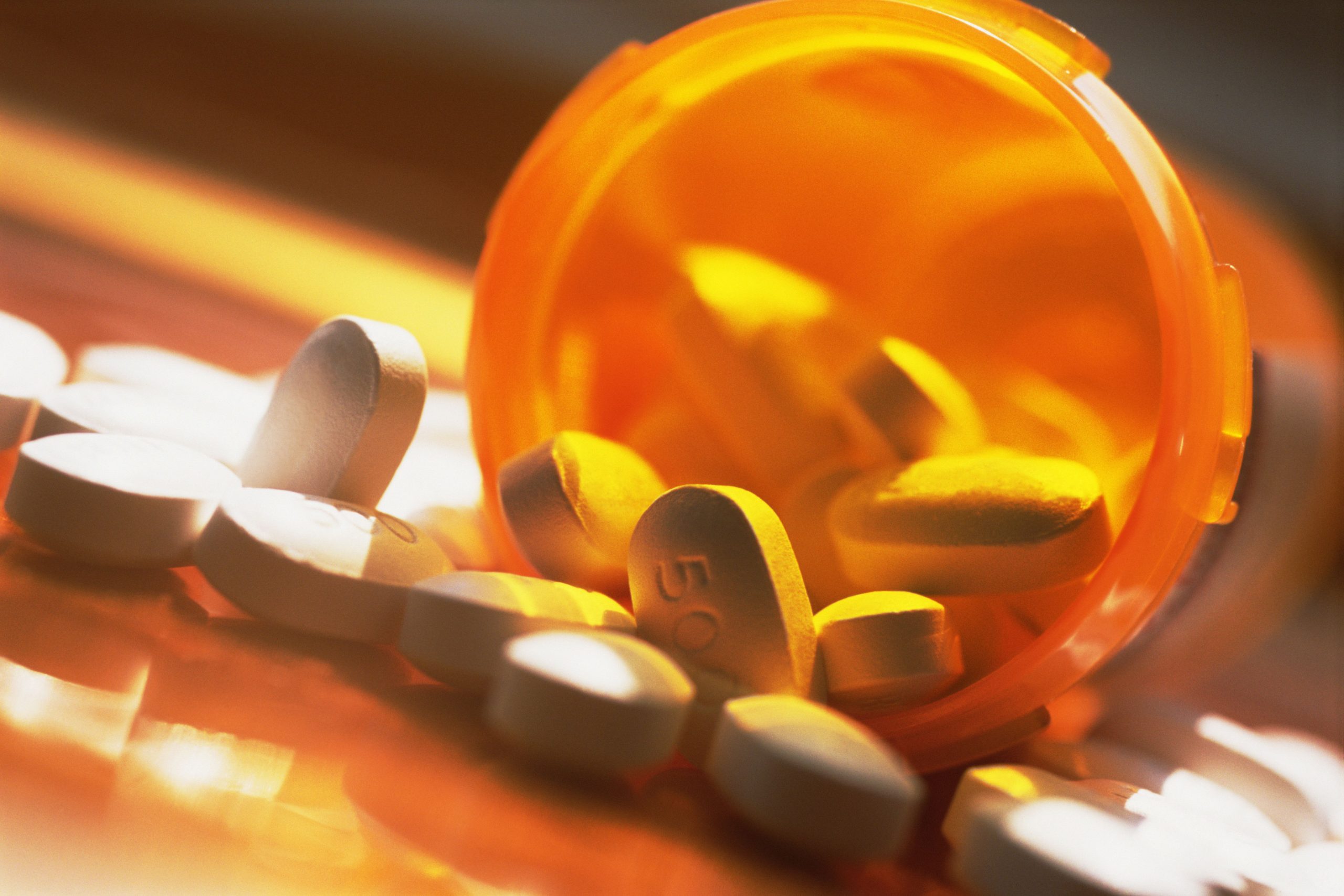
Conclusion
Tablet binders offer an effective way for anyone who struggles to remember prescribed medication throughout the day. Not only do they provide convenience by organizing pills in one place, but they also help to ensure accuracy when taking more than one type of prescription medication. With careful selection, proper storage techniques and regular monitoring, these devices create an effective system for managing multiple medications efficiently – giving users peace of mind that every dose has been taken as prescribed!

